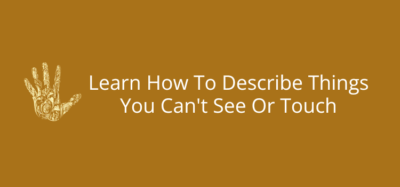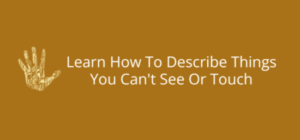“Unmasking Confidence: 7 Subtle Clues That Reveal Hidden Insecurities About Appearance”
When they finally post something, they’ll ask for a thousand confirmations: “Is this okay? Is the lighting right? Do I look weird?” And even after posting, they might take it down if it doesn’t get immediate positive feedback.
James Clear, author of Atomic Habits, often emphasizes how small habits can compound over time. Spending endless hours analyzing pictures may seem like a minor quirk, but it often stems from—and worsens—an underlying insecurity.
When every photo or social media post is a minefield of potential criticism, it can indicate a deeper worry that they’re simply not good enough as they are. In my coaching days, I saw firsthand how body insecurities could flourish in the hyper-curated world of Instagram, reinforcing that need for external validation.
5. They go silent when looks are the topic
While some people hide behind humor or perfectionism, others go the opposite route: they clam up whenever the conversation veers toward appearance. They’ll change the subject if someone starts talking about body goals or skincare routines.
Or they’ll suddenly need to use the restroom the moment compliments are exchanged in a group. This silence can be a sign that the topic triggers uncomfortable feelings they’d rather dodge.
One of my friends used to get visibly anxious when conversations turned to fashion or weight loss tips. She’d fidget, check her phone, or find an excuse to leave the room. Later, she confided in me that even though she appeared self-assured, she always felt “less than” whenever people around her started comparing looks.
Her avoidance was a protective strategy—if she didn’t engage in the discussion, she wouldn’t have to confront her own insecurities.
6. They constantly compare themselves to others
It’s normal to look at someone and think, “Wow, I love their style,” or “I wish I could pull off that haircut.” But if someone is perpetually measuring themselves against others—from colleagues to celebrities—they might be harboring deep insecurity.
They might say things like, “I could never look as good as she does in that dress,” or “He has the perfect jawline; I’m jealous.” These comparisons can be delivered with a smile, but often there’s real sadness lurking behind that envy.
When I was still competing, I spent a lot of time with people who were in peak physical condition. Instead of focusing on my own strengths, I’d compare every muscle, every stride.
This is one reason Brené Brown’s work on vulnerability resonates so strongly with me. She talks about how comparison can erode our sense of self-worth by convincing us we’re not enough—smart enough, strong enough, or beautiful enough—just as we are.
For someone hiding their insecurity, this ongoing comparison can be a relentless mental battle.
7. They Seek Validation In Subtle Ways
While some folks might straightforwardly say, “Do I look okay?” others will do it more indirectly. They might post a photo online and wait anxiously for a certain friend to comment.
Or they’ll ask for style advice, saying something like, “I’m not sure if this outfit is too weird,” hoping for a reassuring “You look amazing!” Subtle “fishing for compliments” often indicates a deeper hunger for validation.
In my own journey, I’ve caught myself seeking little hints that someone approved of my appearance—maybe it was a lingering glance or a quick compliment. I’d pretend not to care, but deep down, I was hanging on their every reaction.
Over time, I realized that the constant need for outside reassurance was exhausting. It kept me from learning the skill of self-acceptance. If someone around you seems to thrive only when they receive affirmation about their looks, there may be some hidden insecurity fueling that need.
Conclusion
By sharing these signs, I don’t mean to encourage us all to become armchair psychologists, diagnosing every friend who deflects a compliment. My hope is that with a little more awareness, we’ll be better equipped to respond to the subtle cues of someone hiding how they really feel about themselves.
Sometimes, a little empathy—offered in the form of genuine listening, heartfelt compliments, or simply not making appearance the center of discussion—can go a long way.
If any of these points resonate with you personally, know that you’re not alone. It’s incredibly common to feel insecure in a world that’s so image-driven. The good news is that self-compassion and deeper personal work can shift those beliefs over time.
Whether it’s through journaling, therapy, mindfulness, or talking it out with someone you trust, finding healthy ways to accept your own reflection can ease that constant hum of self-doubt. After all, true confidence isn’t about chasing perfection; it’s about recognizing that who you are, flaws and all, deserves to be celebrated.












